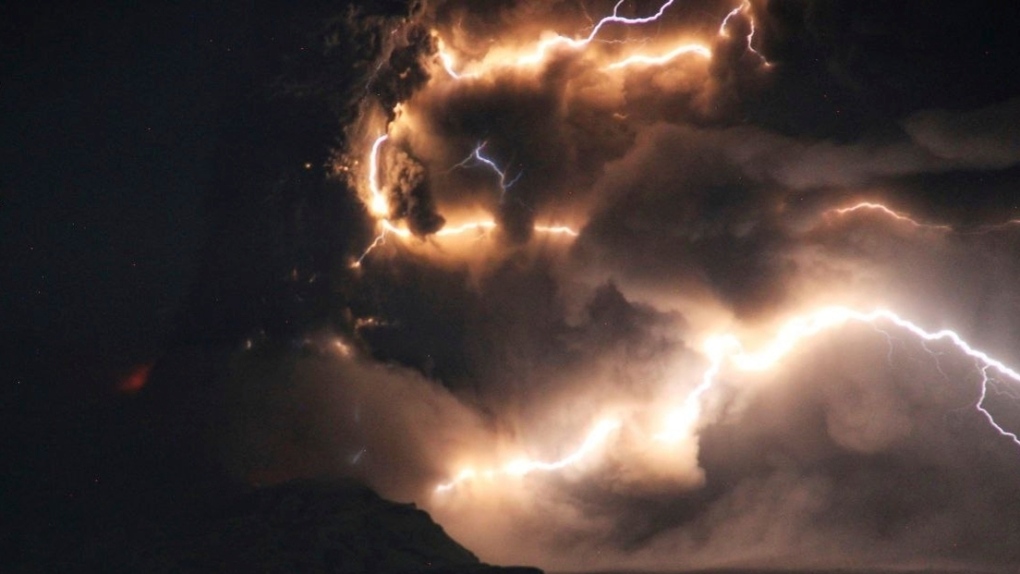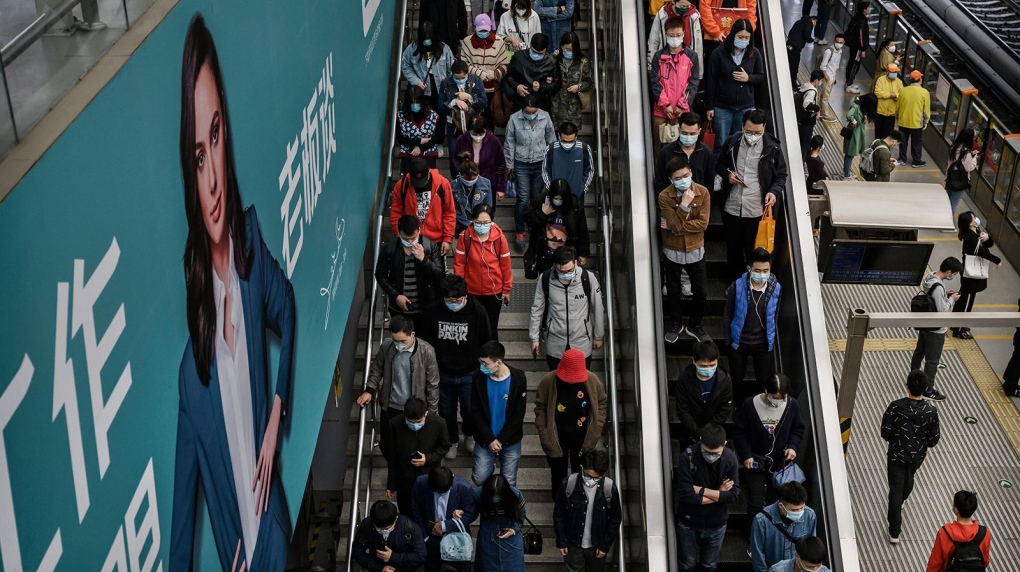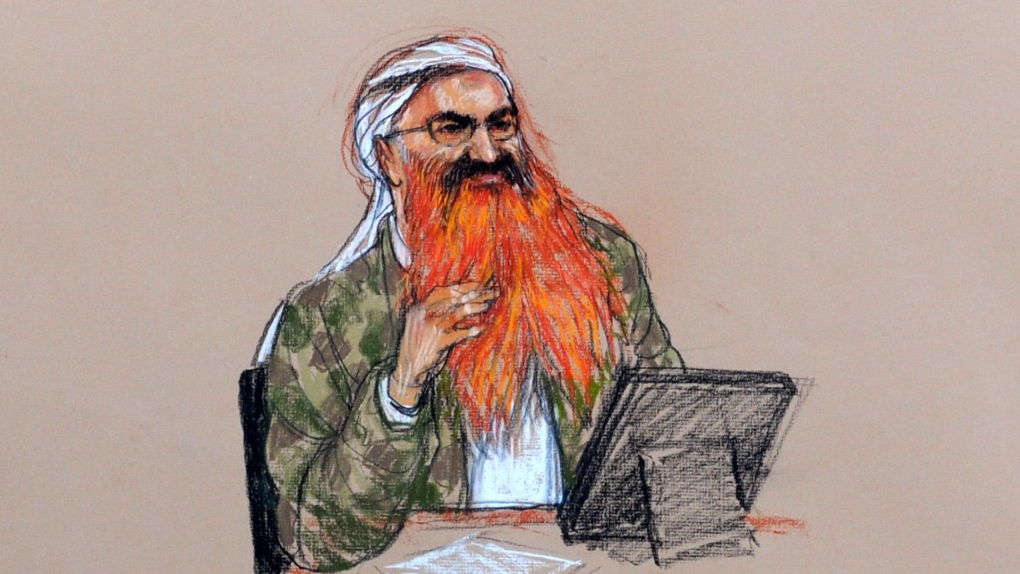Hong Kong lawmakers have recently passed a new national security law that has raised concerns about increasing government control and curtailing civil liberties in the region. The Safeguarding National Security Bill, approved unanimously by the Legislative Council, grants authorities more power to prosecute individuals for offenses such as colluding with external forces, committing treason, insurrection, espionage, or disclosing state secrets. This new law is seen as a continuation of the crackdown on dissent that began with the pro-democracy protests in 2019 and intensified with the imposition of a similar security law by Beijing in 2020.
Critics fear that the new legislation will further erode the freedoms that were promised to Hong Kong when it was handed over to Chinese rule in 1997. The speed at which the new national security law was passed has raised eyebrows. With the Legislature dominated by Beijing loyalists following an electoral overhaul, the bill was rushed through within a week of its unveiling on March 8. Hong Kong leader John Lee pushed for its quick approval, emphasizing the need for immediate action. The law is set to take effect this Saturday. The law imposes hefty penalties for a wide range of actions deemed threatening to national security, with offenses like treason and insurrection carrying a potential life imprisonment sentence. Even lesser offenses, such as possessing seditious publications, could lead to years in jail. Moreover, some provisions authorize the prosecution of individuals for acts committed anywhere in the world, raising concerns about extraterritorial reach. While authorities and Beijing's liaison office in Hong Kong assert that the law is necessary to maintain stability and promote economic development, critics argue that it undermines accountability and could stifle freedoms. The swift passage of the law, without proper scrutiny and expert input, has raised doubts about the extent of public input and oversight in the legislative process. The political landscape in Hong Kong has transformed drastically since the massive protests in 2019, with many activists facing prosecution or seeking refuge abroad, and pro-democracy media outlets being shut down. The exodus of disillusioned residents to other countries further highlights the impact of the ongoing political crackdown. Despite the government's claims that the law strikes a balance between security and individual rights, international criticism has been swift. The UN High Commissioner for Human Rights, U.K. Foreign Secretary, and U.S. State Department have all expressed concerns about the law's potential impact on human rights and freedoms in Hong Kong. Calls for sanctions against Hong Kong officials and actions to protect residents and businesses have been made by U.S. lawmakers and officials. The passage of the national security law in Hong Kong raises critical questions about the future of the region's autonomy, rule of law, and civil liberties. As authorities prepare to implement the law, the world watches closely to see how it will affect the daily lives and freedoms of Hong Kong residents.Hong Kong legislators endorse security law granting government increased authority to suppress dissent
 6 months ago
2201
6 months ago
2201
- Homepage
- World News
- Hong Kong legislators endorse security law granting government increased authority to suppress dissent
Related
Russia experiences volcanic eruption following 7.0 magnitude...
1 month ago
2057
China Metro Stations Buzz with Personalized Ads as Operators...
1 month ago
2014
Accused Mastermind of 9/11 Attacks, Khalid Sheikh Mohammed, ...
1 month ago
2301
Trending in United States of America
Popular
Nokia Reaches 5G Patent Agreement with Vivo After Lengthy Le...
7 months ago
26048
Apple's Upcoming Tablet Lineup: iPad Air to Introduce Two Si...
9 months ago
25976
Xiaomi's First Electric Car, the SU7 Sedan, Enters the EV Ma...
8 months ago
25364
The European Parliament's Bold Move to Combat Smartphone Add...
9 months ago
25312
Unveiling ChatGPT's New 'Memory' Feature Revolutionizing Use...
7 months ago
25212
© OriginSources 2024. All rights are reserved








 English (US)
English (US)